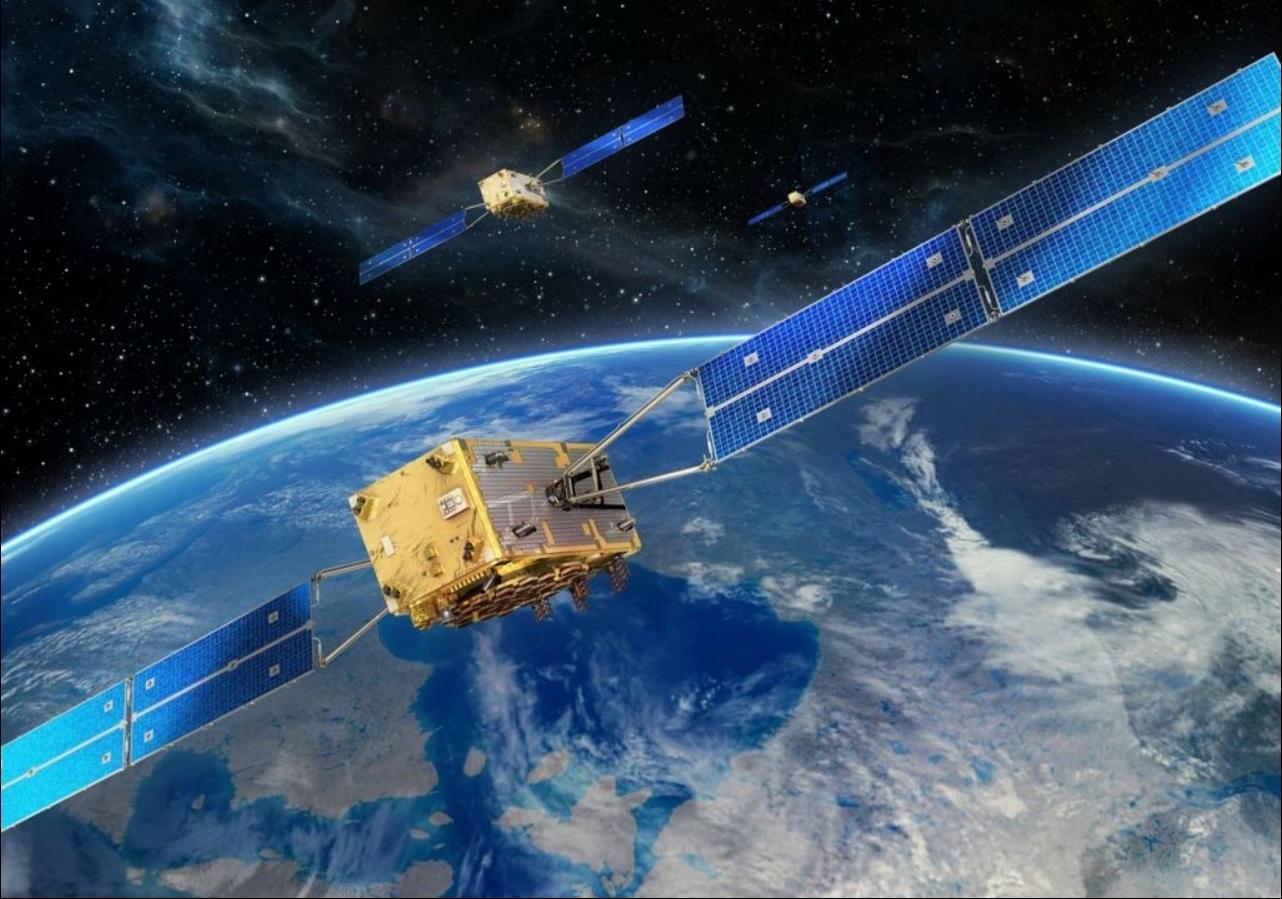The European Space Agency (ESA) is studying a series of anomalies that have been detected in the atomic clocks serving Europe’s Galileo navigation satellites.
Anomalies have occurred on five out of 18 Galileo satellites in orbit, although ESA notes that all satellites continue to operate well and the provision of Galileo Initial Services has not been affected. ESA first reported on clock anomalies in November. The eventual impact on upcoming Galileo launches is being evaluated.
Each Galileo satellite carries four atomic clocks to ensure quadruple redundancy of the timing subsystem: two Rubidium Atomic Frequency Standard (RAFS) clocks and two Passive Hydrogen Maser (PHM) clocks. The current Galileo constellation consists of 18 satellites in orbit, adding up to a total of 36 RAFS clocks and 36 PHM clocks.
In recent months, a total of three RAFS clocks have failed on Galileo satellites – all on Full Operational Capability (FOC) satellites, the latest Galileo model. The failures all seem to have a consistent signature, linked to probable short circuits, and possibly a particular test procedure performed on the ground.
No RAFS clock failures have occurred aboard the four Galileo In Orbit Validation (IOV) satellites, the original Galileo model. In addition the RAFS clock on ESA’s very first test navigation satellite, GIOVE-A launched in 2005, has been checked, and was reactivated successfully. Investigations on the ground have identified potential weaknesses in the RAFS clock design, but no root cause has yet been yet established.
In the past two years, there have been five PHM clock failures on the IOV satellites and one PHM failure on the FOC satellites. These failures are better understood, linked to two apparent causes.
For the remaining 33 RAFS clocks in orbit, the risk of failure is believed to be lower owing to different testing procedures on the ground before launch. In addition, new operational measures have been put in place to further mitigate the risk.
While investigations by ESA and its industrial partners are continuing, there is a consensus that some refurbishment is required on the remaining RAFS clocks still to be launched on the eight Galileo satellites being constructed or tested, and awaiting launch.
For the remaining 30 PHM clocks working in orbit, operational procedures are being studied to reduce the risk of future failure.
ESA Director General Jan Woerner recently noted that no individual Galileo satellite has experienced more than two clock failures, so the quadruple redundancy designed into the system means all 18 members of the constellation remain operational. This includes one satellite that supports only the Open Service for mass market applications, and two satellites in elliptical orbits that are nevertheless expected to be reintegrated into the full constellation for use from these orbits.

